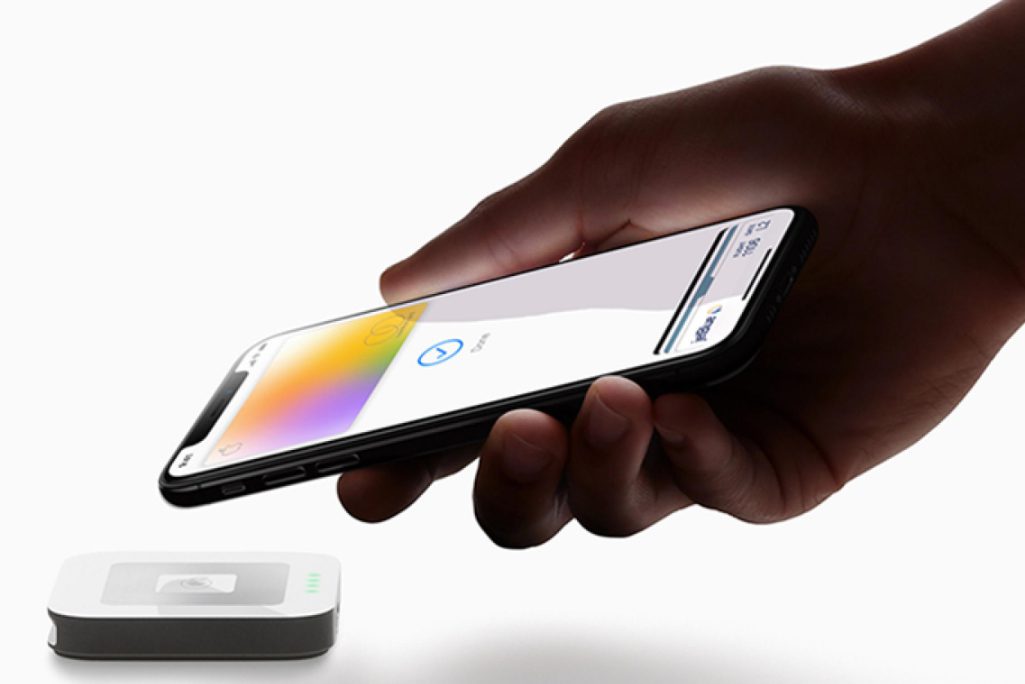Skift Take
When they asked Willie Sutton why he robbed banks, he said, "Because that's where the money is." You could say the same thing about why the travel sector has had so much recent merger and investment in back-office travel payments.
Hotels, airlines, agencies, aggregators, credit card issuers, and financial technology companies are shaking up how they handle back-office payments. They’ve been rolling out new software and automated workflows to replace manual steps, cut costs for currency conversions, clamp down on fraud and defaults, and provide consumers with easier ways to buy trips. The latest sign of the upheaval is Voxel Group, a tech vendor for travel payments based in Barcelona, acquiring Troovo, a payments tech vendor in Sydney.
The companies didn’t disclose on Wednesday the terms of the transaction. After the merger, Voxel’s baVel Pay product expects to process a gross merchandise volume of $2.8 billion (€2.4 billion) a year in 2022 — and to increase that figure tenfold over the next five years. Each day across the internet, online travel agencies (OTAs) and travel aggregators are making various payments in different currencies.
Join Us at Skift Global Forum in NYC September 21-23
Voxel is one of many companies taking steps to fully digitize and automate business-to-business payments and refunds in the travel sector. Mastercard has begun sponsoring an “early adopters program” for new technical standards for virtual card payments in travel. Wex last year took possession of eNett to improve its competitiveness in serving travel companies with its payment services. In July, Emirates began rolling out a way for travelers to pay for tickets directlyfrom their bank accounts into the airline’s bank account via an industry-run system.
There’s more: In June, Visa-backed startup Nium said it would acquire Ixaris to improve its cross-border payment solutions. Ingenico ePayments conducted a brisk pandemic business in helping travel companies expand contactless transactions beyond the airline industry. A Danish startup also announced in July it would tackle corporate travel payments.
For more context on the payments upheaval, Skift Research released this month a report Why Hotels Need to Make Payment Tech a Priority. (Free excerpt, here.)
Consider the payment-related steps Voxel claims to serve to get a sense of the bigger picture issues plaguing the travel sector. The vendor aims to help a supplier or agency retrieve a reservation from a distribution partner, such as a global distribution system or a channel manager; choose and generate the optimal payment method for that booking, take out exchange rate insurance that mitigates exposure from exchange rate fluctuations; distribute the payment directly to the hotel; receive and reconcile the electronic invoice; settle the transactions; and send a reconciliation report to the payer and the payee—all boring but important tasks.
Voxel claimed that this merger would add seamless digital connectivity with Amadeus, Sabre, and Travelport — three companies that link airline content with travel agencies. It will also add a decision engine that attempts to optimize the management of electronic means of payment and eliminate all error-prone manual procedures.
Voxel will endeavor to keep Troovo’s clients, which include hotel consolidator Webbeds and travel agency group FlightCentre. In June 200, Amadeus and Troovo entered into a partnership to automate business-to-business travel payments.
The Daily Newsletter
Our daily coverage of the global travel industry. Written by editors and analysts from across Skift’s brands.
Have a confidential tip for Skift? Get in touch
Tags: digital payments
Photo credit: Apple Pay is one of the newer forms of payment that travel companies need to accommodate. Apple
